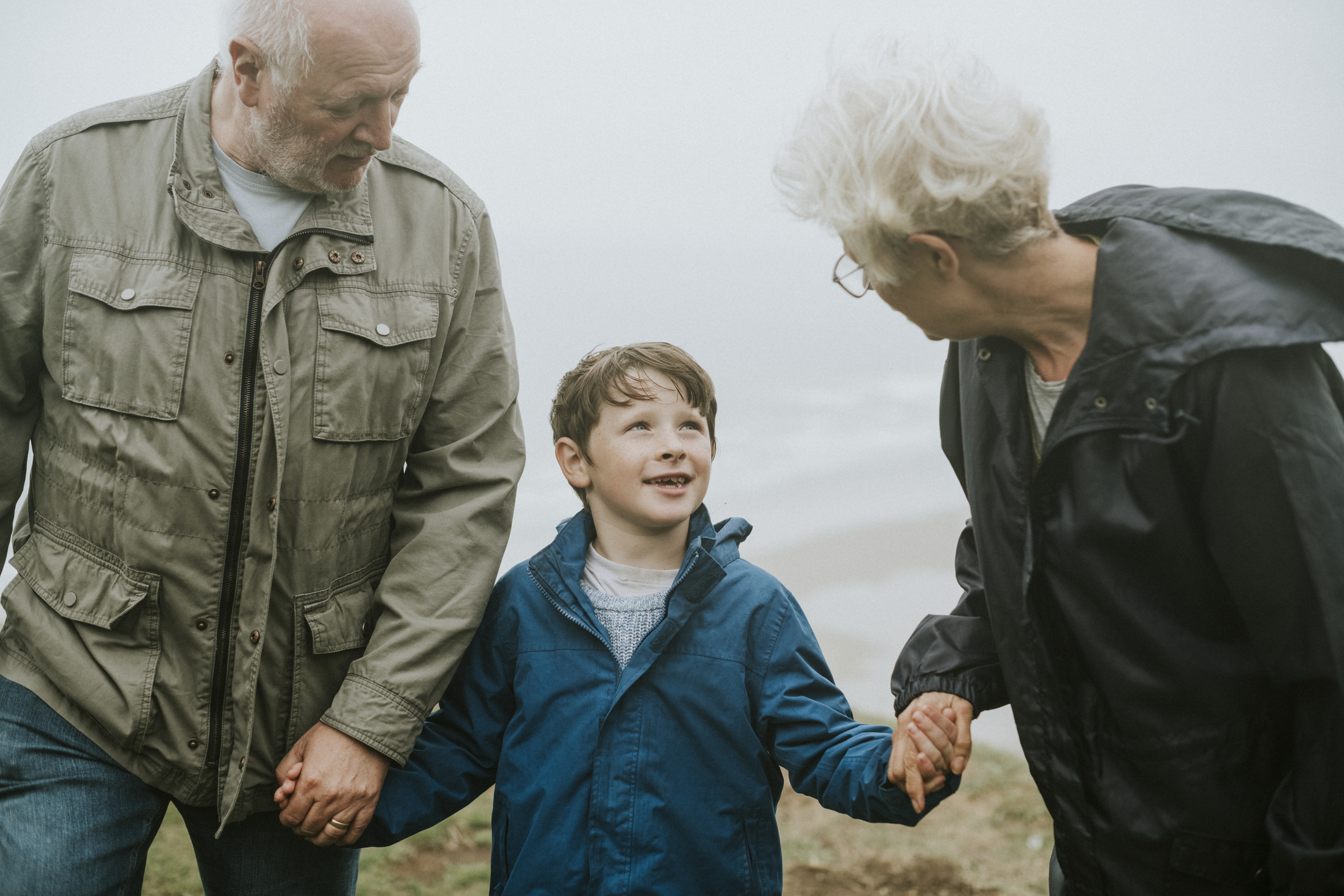The first week after stopping smoking can be the hardest. This is because you may be physically addicted to smoking, and your body isn’t used to the lack of nicotine. This is what to expect from your first week and how to handle it.
Strong cravings
Many people will experience strong cravings or urges to smoke after stopping. There are lots of things you can do to help overcomethese.
Be active – any form of exercise can help reduce cravings and withdrawal symptoms. Activities like walking, jogging, or even dancing can serve as distractions and provide a healthy alternative to smoking.
Keep your hands busy – it can be helpful to find a temporary habit that replaces the smoking that previously kept your hand occupied. You could paint, draw, or play with a rubik’s cube or fidget toy.
Identify your triggers – try to limit triggers you commonly associate with smoking. If you usually have a cigarette with your morning coffee, try drinking something else instead like juice!
Feeling irritated, frustrated, or upset
It is very common to feel irritated, frustrated, or upset when you stop smoking.
Take a few deep breaths and remind yourself why you’re stopping. The benefits are endless. In the short-term, you will breathe more easily, have more energy, and your senses of taste and smell will improve. In the long term, your risks of cancer, lung disease, heart disease, and stroke will be significantly reduced, and:
After 1 year, your risk of a heart attack will have halved compared to a smoker’s.
After 10 years, your risk of death from lung cancer will have fallen to half that of a smoker.
After 15 years, your risk of a heart attack will have reduced to the same as someone who has never smoked.
Having trouble sleeping
You are not alone if you are having some trouble sleeping when you first stop smoking. However, there are many ways to manage this.
Did you know that when you stop smoking, caffeine lasts longer in your body? If you drink coffee, tea, or other caffeinated drinks regularly, reduce your intake and don’t drink them in the late afternoon or evening.
Avoid eating any heavy meals or drinking alcohol before bed.
Try and add in some physical activity during the day (but avoid doing so right before you go to bed).
Feeling anxious or depressed
Some people may feel mood changes for a short time after they stop smoking. Though you may think smoking helps with anxiety or depression because it makes you feel better in the short-term, that is only because the nicotine in cigarettesstops the discomfort of withdrawal, not because it is helping with your mood.
Structuring your day and staying busy can help distract you from your low moods. Getting out of the house if you’re able can make a huge difference.
Try connecting with other people. Talking with others every day can help lift your mood and provide you with support on your journey to smoke free.
Make sure you reward yourself. Even if it is only something small, do things you enjoy to make yourself feel better.
Completing the first week
Remember – the first week is often the hardest! You are not alone on this journey and there are plenty of online resources and support systems you can access.
When you have completed your first week smoke free, make sure you reward yourself after all your hard work!












